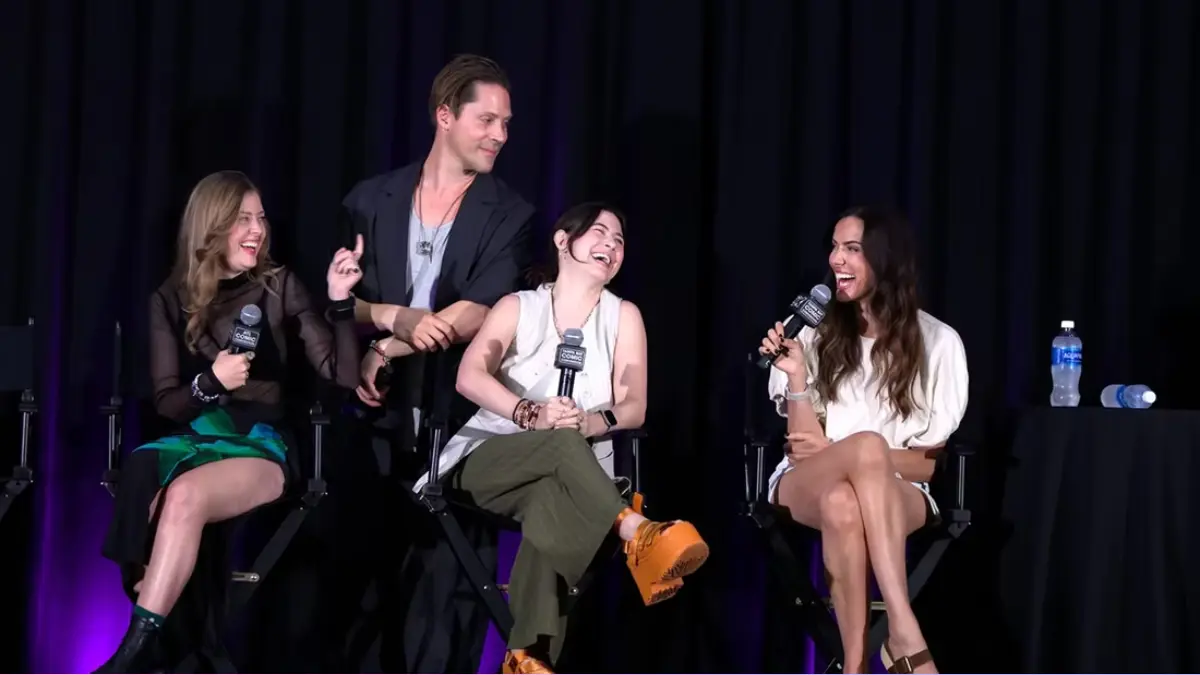A prominent actor from the award-winning RPG Baldur’s Gate 3, Aliona Baranova, has publicly called out the entertainment industry for systematically overlooking video game performers when casting film and TV adaptations. The actress expressed frustration that those who originally bring characters to life through voice and motion capture are rarely considered when these same characters make the jump to other media.
“Video game actors are being slept on,” the BG3 performer stated, pointing to a pattern where Hollywood favors established screen actors and celebrities over the talent behind the original game characters. This practice continues despite many game performers having extensive training in both voice and physical acting.
There have been rare exceptions. Colleen O’Shaughnessey voiced Tails in the Sonic movies after fan support, while The Last of Us HBO series featured Ashley Johnson in a cameo role, though not as Ellie, the character she portrayed in the games.
Modern video game production often involves extensive motion capture alongside voice work. Many performers in games like Baldur’s Gate 3 don’t just provide voices but deliver complete physical performances captured by advanced technology. This makes the difference between “voice acting” and “physical acting” less and less clear.
Industry insiders point to several factors behind this casting gap. Studios prioritize star power to attract wider audiences, often assuming game actors lack screen presence or mainstream appeal. There’s also Hollywood’s historical view of gaming as a less prestigious medium, despite the massive success of recent adaptations.
From controllers to cameras
The financial realities of big-budget productions usually favor recognizable stars over staying true to the games. When game actors do appear in adaptations of their work, it’s usually in small cameo roles rather than getting to play their original characters—a move some see as tokenism more than real inclusion.
This conversation comes as video game adaptations are taking off. With upcoming projects based on Fallout, God of War, and more, the question of who should play these beloved characters is getting more attention as the line between digital and traditional acting keeps getting fuzzier.


